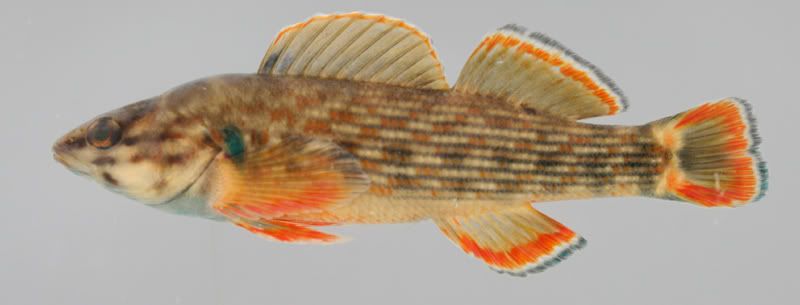JustMe Page For: Nothonotus
Evolution and Ecology of Fishes
Just another fish nut.
Hello! I have been keeping fish for over 30 years and what started as playing in creeks at 4 has turned into being curator of the David A. Etnier Ichthyological Collection at the University of Tennessee and Senior Lecturer teaching Ichthyology, majors and non-majors intro to biodiversity, and several other courses at UT. I study the evolution, ecology, and biogeography of fishes, mostly North American species and cichlids. I am particularly interested in how hybridization and introgression enables species to occupy new habitats and use new food sources.
Fish I keep and fish I study.
Fish I keep: I started keeping fish when I was 6 and had 20 tanks by the time I was 12, which is also the time fish started breeding for me. I took a 4 year hiatus from keeping fish during undergraduate work at Centre College in Danville, KY, which is where I was introduced to the incredible diversity of North American fishes such as the darters and minnows. Currently I have 30+ tanks. Fish I study: I started out just like any kid in the country playing in streams and wondering what these magnificently colored fish were. Little did I know that I would end up working with them for my job. North America has the most diverse temperate freshwater fish fauna in the world and the center of this diversity is in the southeast US. Tennessee has the most species of fish (~350) followed by Alabama (~320); if you want to hear a fish story ask an Alabama ichthyologist which state has more freshwater fish. The great diversity of fishes and the very nature of fishes (being restricted to water) provide an awesome chance to study how diversification occurs and how it is influenced by climatic and geologic change. Not to mention being able to get out and see parts of this country still relatively unspoiled and miles from a stop light. If you've never looked at a darter in full breeding coloration you are missing one of the jewels in your own back yard. I highly encourage everyone to take a look at the web sites for the North American Native Fishes Association and the Native Fish Conservancy where you can learn more about these gorgeous creatures, see some great pictures, and maybe even become a part of these two excellent organizations. All in all, everything I do involves fish to some degree and one of the things that makes me happiest is to share the knowledge I've gained and to learn more about these great finned creatures. Have a good day and good fish keeping, Ben
Nothonotus rufilineatus, redline darter: one of my favorites.

|

